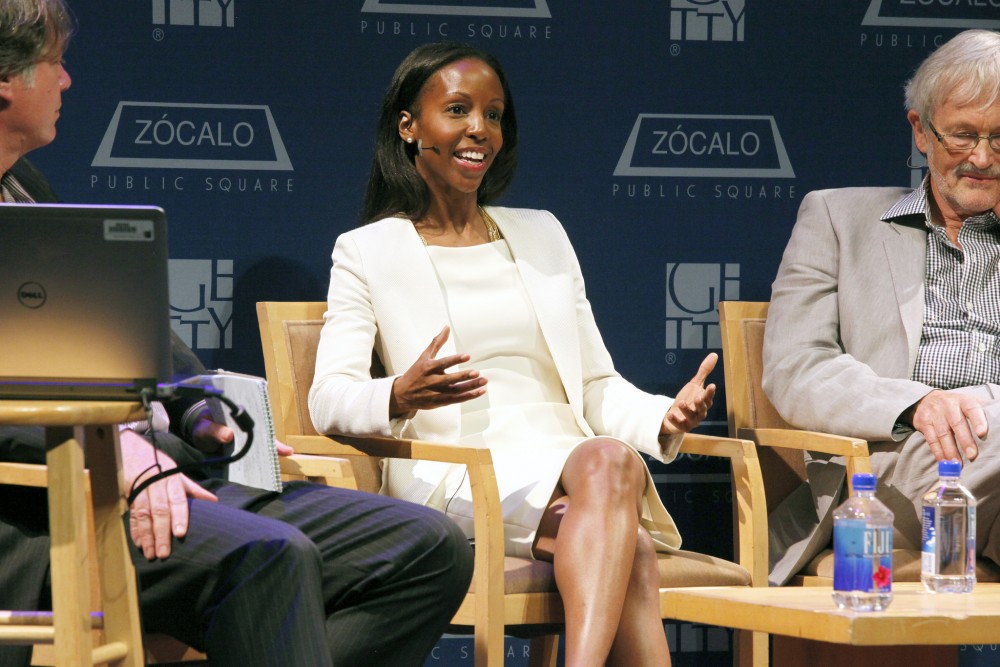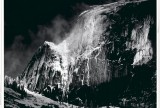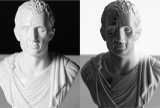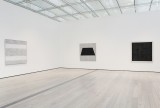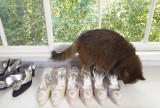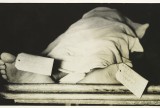In the 19th Century, It Became Harder to Perceive What Blackness Was
At “What Does Blackness Mean?”, a Zócalo/Getty “Open Art” event at the Getty Museum, Harvard art historian Sarah E. Lewis explains one of the reasons the 19th century was a pivotal one in understanding the color black, especially in the sense of who was black. She shares the story of Ellen Craft, a fair-skinned woman from Georgia who escaped from slavery by posing as a white male plantation owner.




